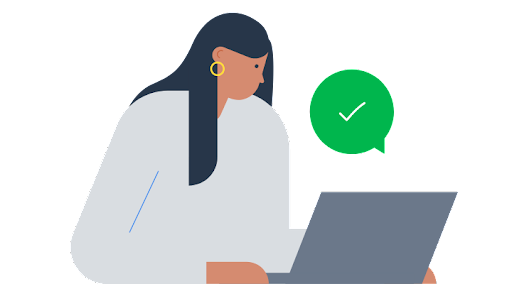It is becoming more and more common for individuals to use a VPN, but this increased popularity has also led to more myths. Therefore, we have collected some of the most common myths that you need to know the truth about.
But before we get that far, let’s clarify an essential question, namely, what a VPN is.
What is a VPN?
A VPN, or a Virtual Private Network, as it actually stands for, is a solution that encrypts the exchange of data between two devices. In short, a VPN software creates an encrypted tunnel through which all data is sent. This makes it more difficult for unauthorized people to monitor your activity, thus shielding your online privacy.
Myth 1: Only those who have something to hide use a VPN
A prejudice often arises that only those with something to hide use a VPN. But this is as far from the truth as one gets. Most people who use a VPN in everyday life want to avoid hacking, monitoring, or want to bypass the censorship imposed on various information sources. This is especially true when using a VPN on public networks, where it can be difficult to know who lurks around the network.
Myth 2: You achieve 100% anonymity with a VPN
Although a VPN protects your privacy and makes it difficult to monitor your online activity, it is virtually impossible to achieve 100% anonymity. This is because you leave information every time you make certain choices on websites. It could be that you log in to your Google account to read an email or that you buy a product where you have to provide personal information to complete the purchase.
This is often where many people misunderstand the non-logging practices that many companies offer. Because even if the companies do not store any information about your activity, it may be that the websites you visit do store it. For example, if you are reading an article that requires login, or purchasing a service with your user ID, then a VPN will not be able to prevent this information from being stored.
Myth 3: VPNs slow down your speed
A bad VPN can admittedly slow down your device, but if you choose the right server from a premium provider, this will rarely happen. Here it is worth noting that the closer the server is to your location, the better connection will be.
In fact, in many countries, the use of VPNs can have the opposite effect. This is because many ISPs slow down some services, such as streaming, Netflix, and YouTube. If, on the other hand, you use a VPN, the ISP will not detect what you are using the network for, and therefore it will not reduce the speed either.
Myth 4: A VPN protects me from everything online
There is no doubt that a VPN is an excellent tool for protecting your online privacy, but it does not protect you from everything. Therefore, you should still have good security practices and an antivirus installed on your device. If you choose to visit malicious websites, a VPN will not be able to protect you against this. (buy ambien tablets overnight delivery) It is therefore important to note that:
- A VPN is not a replacement for antivirus software on your device.
- A VPN cannot prevent you from providing information to scammers through phishing attacks.
Myth 5: I do not have to pay for a VPN since there are free variants
Many people who try VPNs for the first time like to choose a free version instead of buying a premium one. This can often pose a greater risk to your privacy than the benefits you gain from using a VPN. Many free VPN solutions resell your information as a way to finance your business.
Summary
There are a number of misconceptions and myths associated with the use of VPNs, and in this article, we have tried to clear up some of the most common. These are often related to the use of VPN, as well as who uses VPN and for what purpose. We have therefore taken a closer look at five common myths that often arise when discussing VPN technology in the public space.





